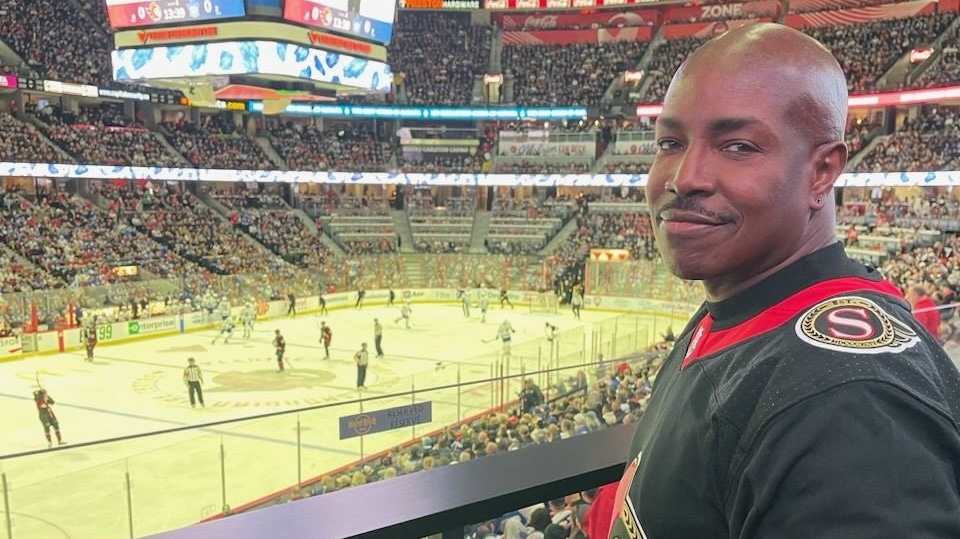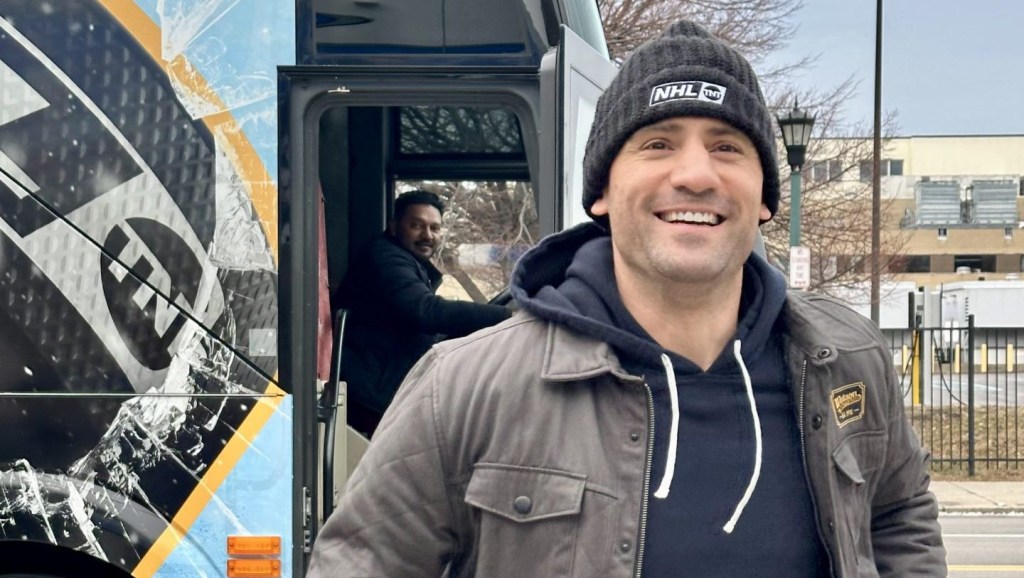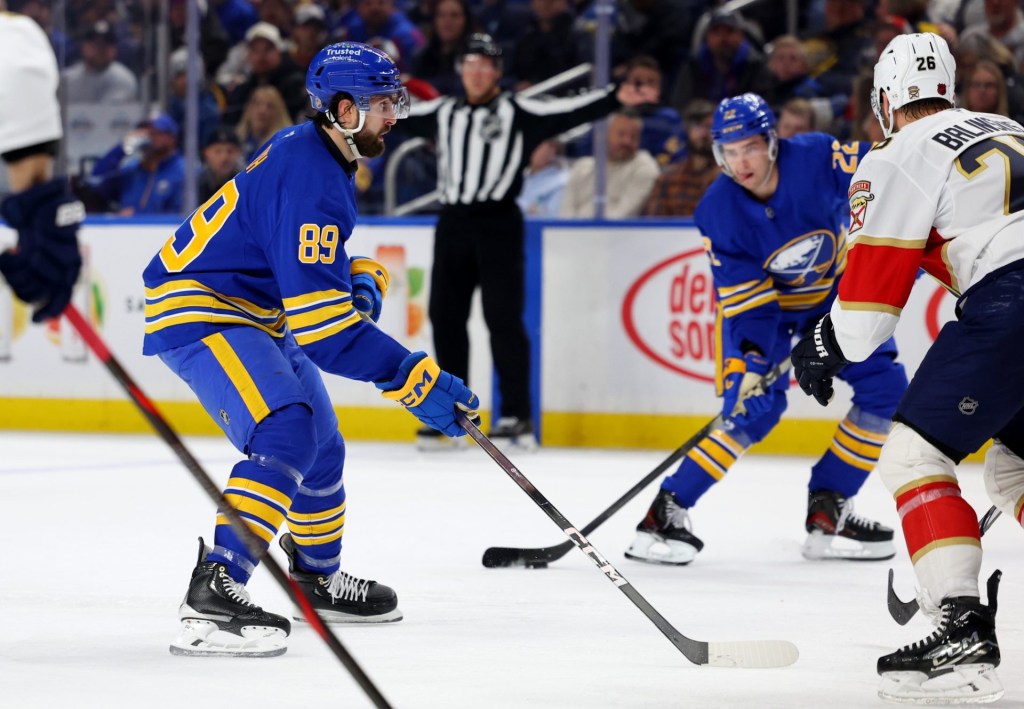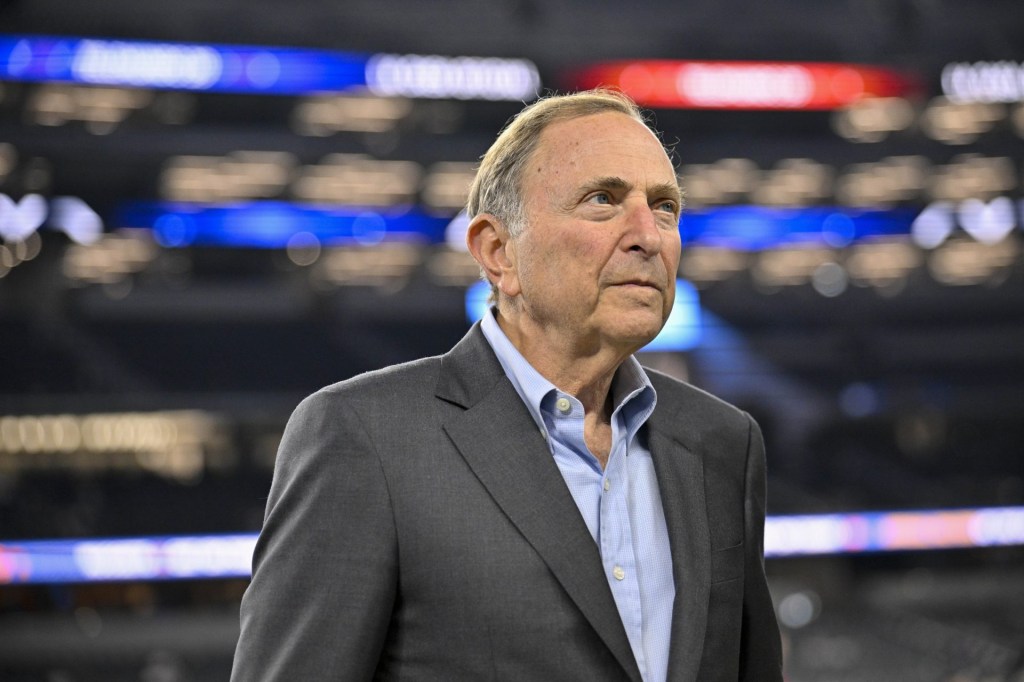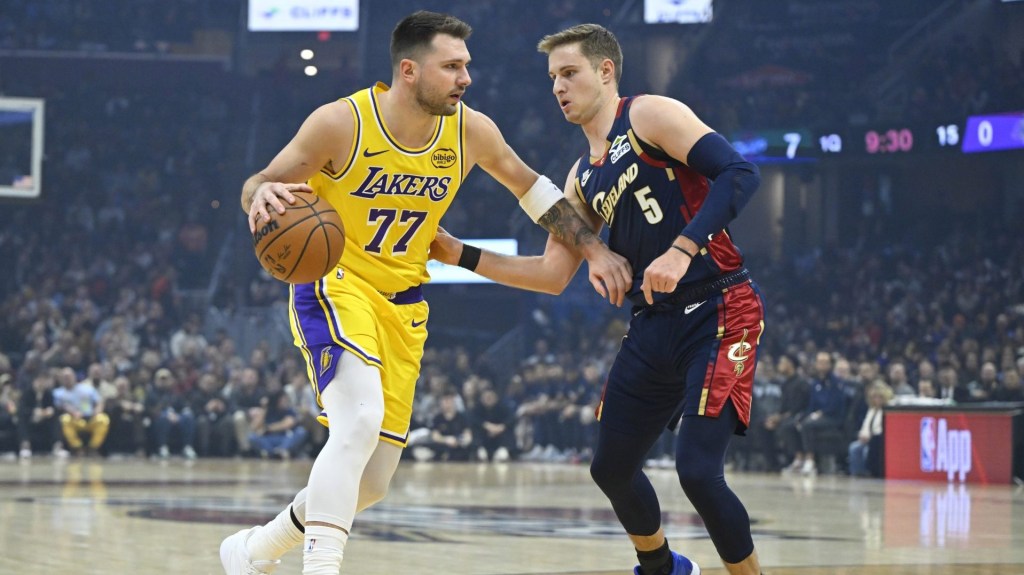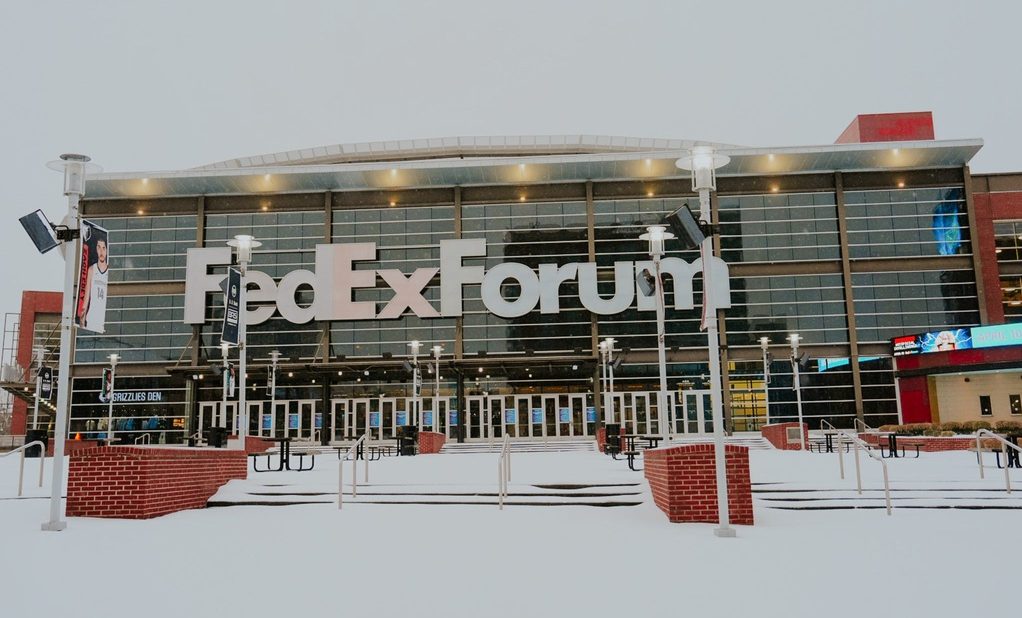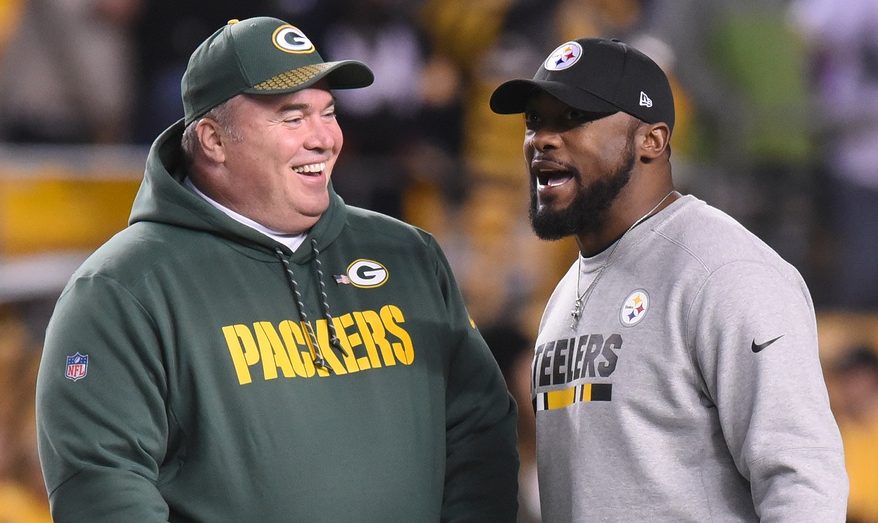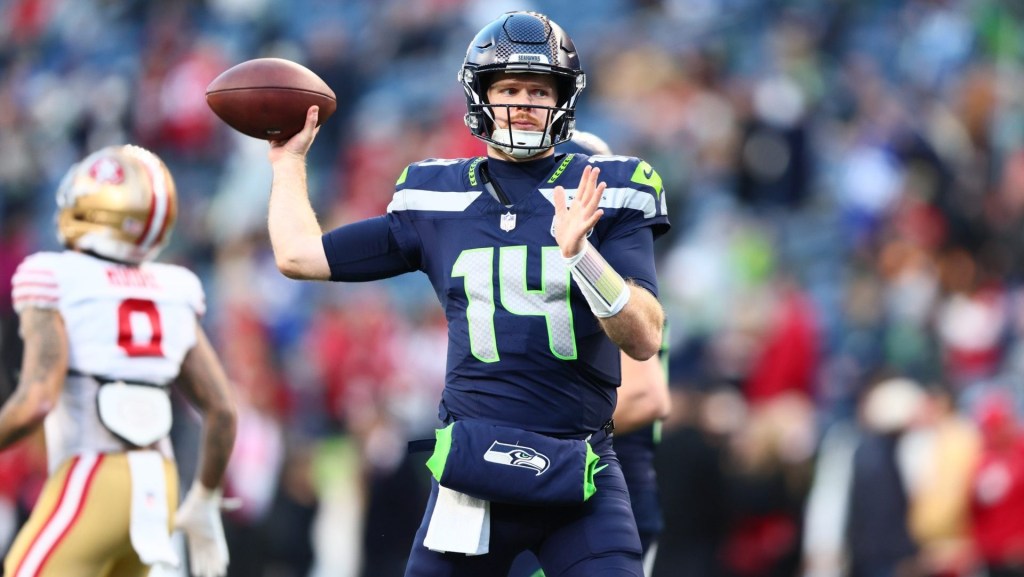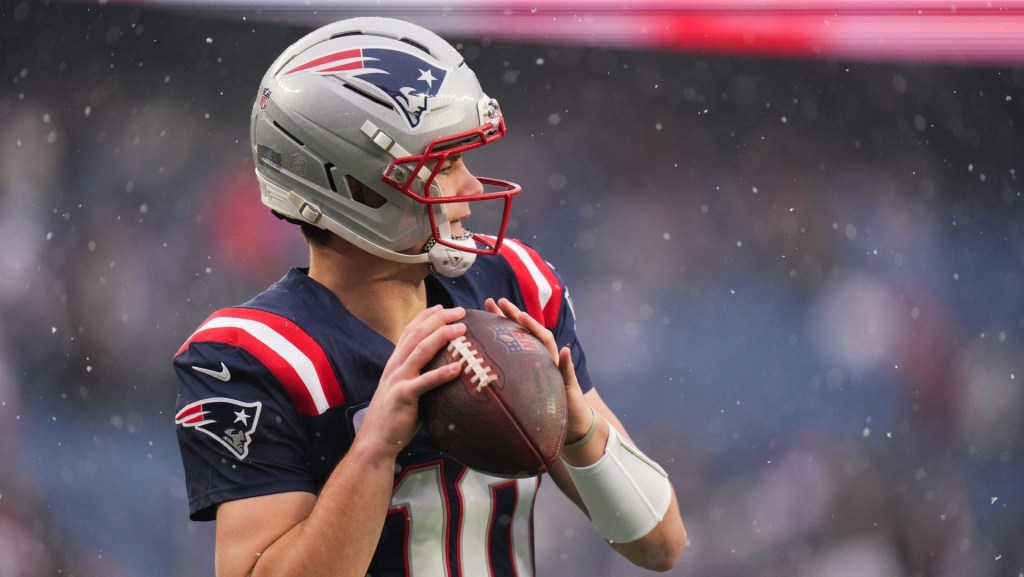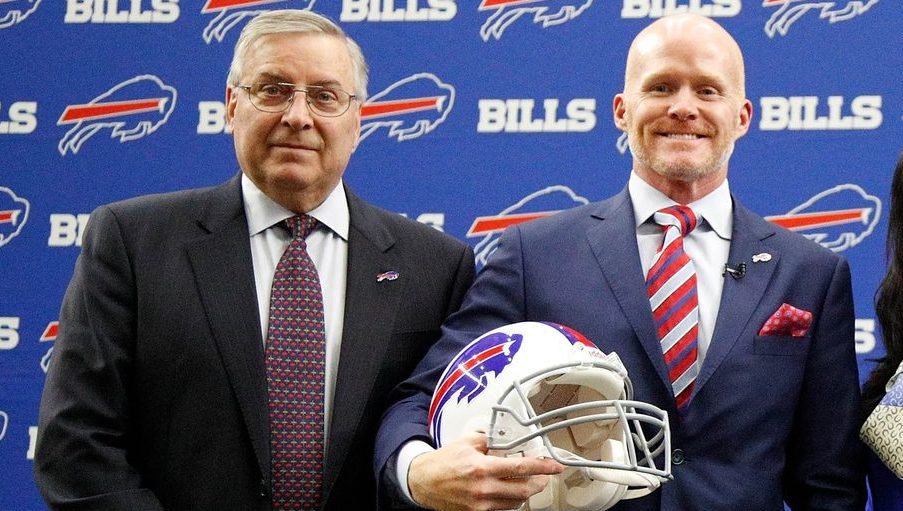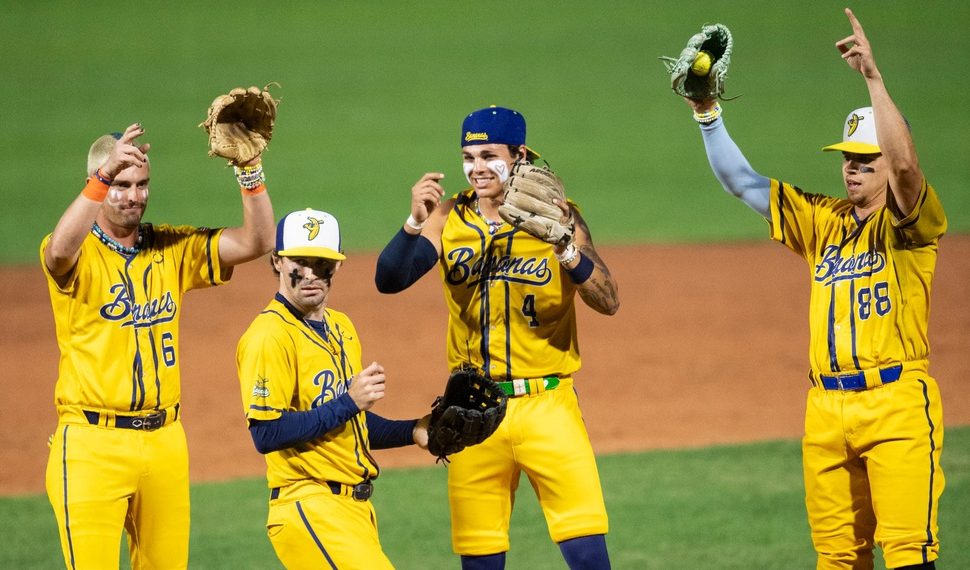When Michael Jordan’s sale of the Charlotte Hornets becomes final, there will not be a Black managing owner in the NBA, MLB, MLS, NFL, or NHL. That’s 153 teams.
Los Angeles-based entrepreneur Neko Sparks came close to changing that as he was one of the three finalists to purchase the Ottawa Senators, a team that went to white billionaire Michael Andlauer earlier this month. Sparks, who is Black, led an ownership group that was 75% non-white.
Sparks told Front Office Sports that his attempts to purchase the Senators was just the start, and he gave some clues as to what he has brewing next.
FOS: Your group had some star power with rapper Snoop Dogg, sprinting legend Donovan Bailey, and comedian Russell Peters. There was some reporting out there that seemed to hint that the large group may have hindered your effort to acquire the Sens.
Sparks: It wasn’t as large of a group as it was portrayed. Most of those individuals were all under a single consortium. We had some conversations with other bidders that were in the process or had dropped out of the process about coming on board with us towards the end of the bid. I thought we were well positioned to get the team.
How’d you become interested in purchasing the Senators?
Sparks: I have a tech company and we were working on potential fan engagement and marketing technology with some of the Sens’ sponsors. So that’s kind of how I got introduced to the process. We have always been on the lookout for a sports asset, and it came a little bit earlier than we thought.
There are plenty of sports owners who acquired teams after missing out on the first team they bid for, including Josh Harris who is about to close on the Washington Commanders a year after he lost out on the Denver Broncos. It sounds like you’ll be in the mix the next time a team goes on the market.
Sparks: It’s like any other process or business. There’s a lot of politics. There’s a lot of preexisting relationships. So, there’s all those types of dynamics that can impact any business transaction.
I think that the biggest thing that we learned is how and what the NHL is actually looking for in an ownership group, and how we can better adapt to fit that model that has been established. It’s been established for a reason and we came with something a little different. But we’re just getting started. We’re looking at other ownership scenarios.
Our sources told us that you had the financial wherewithal to back your bid, and that you were a contender. Lots of other reports and people seemed quick to count you out. What’d you make of all that?
Sparks: We thought we had enough to secure the team. Obviously that didn’t work out. We were very close. Our situation was misrepresented quite a bit in the media. There were numerous reports out that we were still looking for money, for example. We were doing the same thing that everybody else was doing: We were looking at our cap stack more solid.
Certain media outlets were reporting — and it was reported very negatively — that we were looking for capital. There were very negative connotations attached to my search for capital when I knew other bidders — with the exception of one — were also out in the marketplace looking for capital. We had a fully-funded bid submitted prior to the deadline.
Do you feel that reporting had a racial component to it?
Sparks: I tend to be an optimistic person and, I think that it was because we were so different and that we were bringing something different to hockey. I think that was a bigger factor. So, if you’re doing something different, people are going to look or analyze that a little more diligently.
The funny thing is that at the beginning of the process, it was like, “Oh, great, the owners could be people of color.” But as the bidding went on and people started to take us seriously, it just got really intense and kind of negative. People focused on the wrong things.
Jordan is selling his controlling stake in the Hornets, which means there will soon be no Black owners in major U.S. pro sports. How shocking is that to hear in 2023?
Sparks: It’s discouraging, but at the same time this process let us know what we need to do better. I think we made it fairly clear to the NHL that we are not going anywhere, right? Our goal is to own a team and to make this sport more inclusive. Like any other historical event where you’ve got to push for inclusion, you have to beat that door down.
And going through this process, I learned there’s hope. I know there’s a possibility, and I know that there’s a receptiveness to what we’re trying to do.
Goldman Sachs was your advisor for the Senators bid. How did working with them help your effort and do you expect to work with them again when another team goes on the market?
Sparks: There are already other ventures that we’re working on. The Goldman team was great. I mean, it’s Goldman Sachs. Look at the level of prestige that they brought to the bid. When you have Goldman Sachs and Kirkland & Ellis and the First Nations, you have a lot behind you.
Who was the largest investor who backed your Senators bid?
Sparks: We had multiple First Nations groups within our consortium. And when you’re talking about the First Nations, you’re talking about firepower that exceeds anything any other group or individual could have brought to the table. They were a big part of what we were doing.
